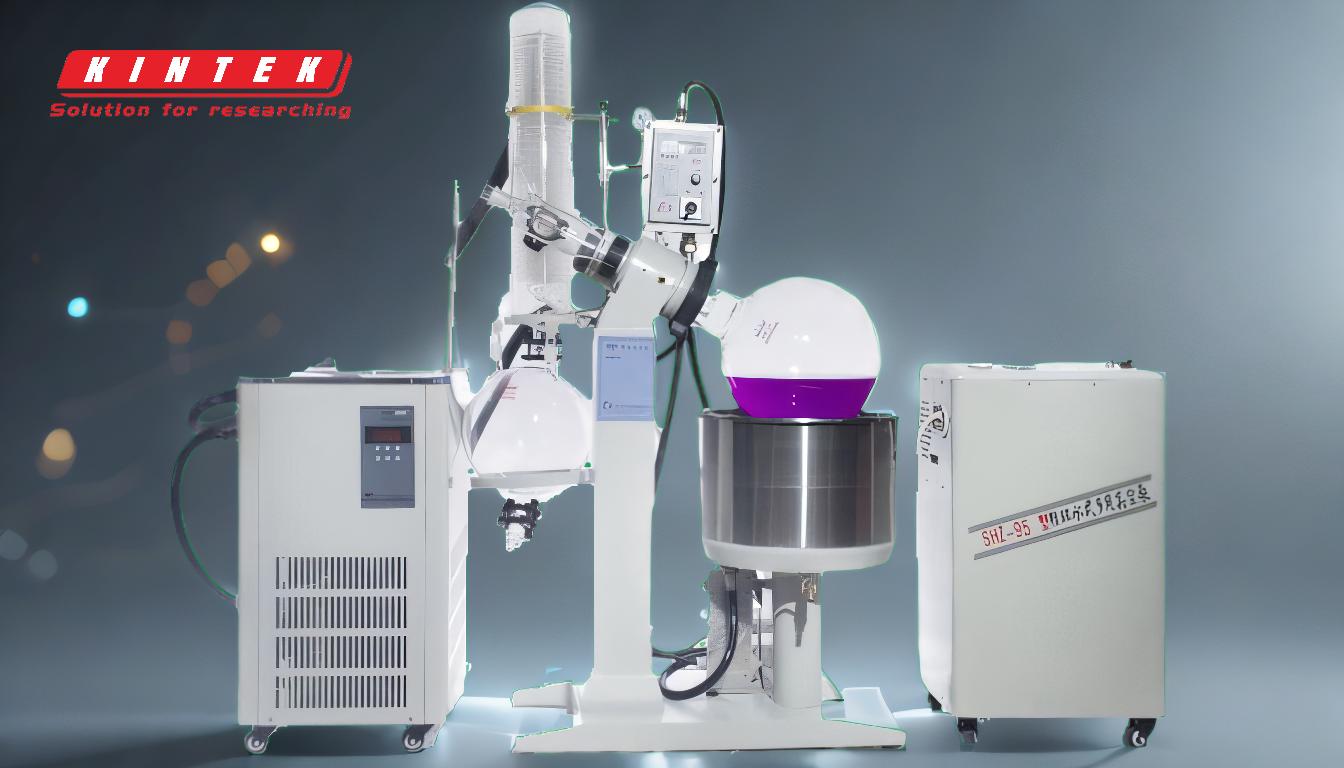Distillation is a critical process used across a wide range of industries due to its ability to separate and purify substances based on their boiling points. It is employed in industries such as pharmaceuticals, food and beverage, fragrance and cosmetics, petrochemicals, oil and gas, and environmental engineering. Specific applications include extracting CBD oil, processing edible oils, creating fragrances, producing fuels, purifying water, and separating air into its components. Distillation is also essential for handling thermally sensitive compounds and small-scale operations, making it a versatile and indispensable technique in modern industrial processes.
Key Points Explained:

-
Pharmaceutical Industry
- Distillation is widely used in the pharmaceutical industry for purifying active pharmaceutical ingredients (APIs) and isolating compounds.
- Short path distillation is particularly useful for handling thermally sensitive compounds, such as CBD oil extracted from hemp plants.
- It ensures high purity levels, which are critical for drug safety and efficacy.
-
Food and Beverage Industry
- Distillation is essential for processing edible oils, removing impurities, and ensuring product quality.
- It is used to produce alcoholic beverages, where fermented products like beer, wine, and spirits are purified through distillation.
- Food flavorings and essential oils are also extracted from herbs and plants using this method.
-
Fragrance and Cosmetics Industry
- The production of perfumes and fragrances relies heavily on distillation to extract aromatic compounds from natural sources.
- Short path distillation is ideal for creating high-quality, concentrated fragrances.
- It is also used to produce essential oils for cosmetics and skincare products.
-
Petrochemical and Oil Industry
- Distillation is a cornerstone of petroleum refining, where crude oil is separated into various components like gasoline, diesel, and kerosene.
- Oil stabilization, which reduces the vapor pressure of crude oil for safe storage and transportation, is another key application.
- Petrochemical plants use distillation to purify liquid products obtained from chemical synthesis.
-
Environmental and Water Treatment
- Distillation is used in water purification techniques, such as desalination, to produce drinking water from seawater.
- It is also employed in producing distilled water for industrial applications, including lead-acid batteries and humidifiers.
- Air separation through cryogenic distillation produces nitrogen, oxygen, and argon, which are essential for various industrial and medical uses.
-
Specialized Applications
- Short path distillation is used for distilling polyurethane and other compounds that are unstable at high temperatures.
- It is also suitable for small-scale operations, such as in chemistry labs, where precise and controlled distillation is required.
- The technique is valuable for handling compounds that require minimal exposure to heat to prevent degradation.
By understanding these applications, it becomes clear that distillation is a versatile and indispensable process across multiple industries, enabling the production of high-quality, purified products essential for modern life.
Summary Table:
| Industry | Key Applications |
|---|---|
| Pharmaceuticals | Purifying APIs, isolating compounds, handling thermally sensitive compounds like CBD oil |
| Food and Beverage | Processing edible oils, producing alcoholic beverages, extracting food flavorings |
| Fragrance and Cosmetics | Creating perfumes, extracting essential oils for skincare and cosmetics |
| Petrochemical and Oil | Refining crude oil, oil stabilization, purifying liquid products |
| Environmental Engineering | Water purification, air separation, producing distilled water for industrial use |
| Specialized Applications | Distilling polyurethane, small-scale lab operations, handling heat-sensitive compounds |
Learn how distillation can optimize your industrial processes—contact our experts today!










